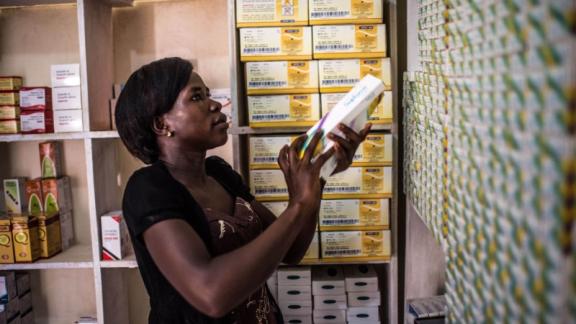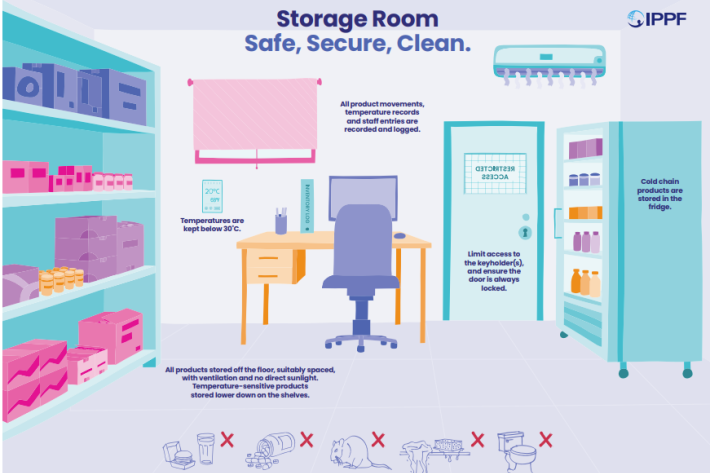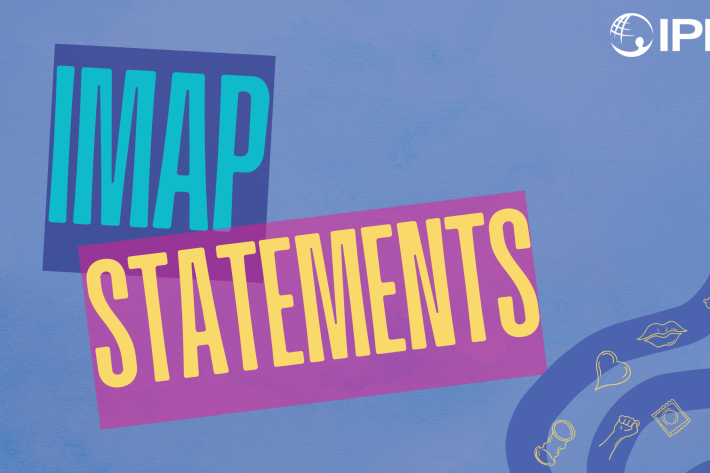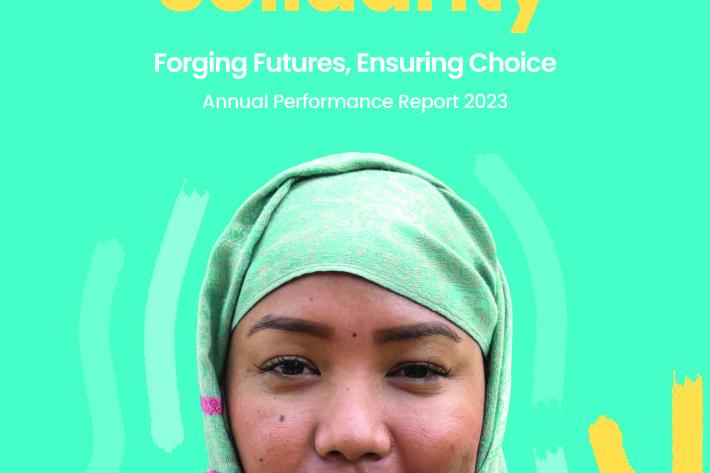Spotlight
A selection of resources from across the Federation
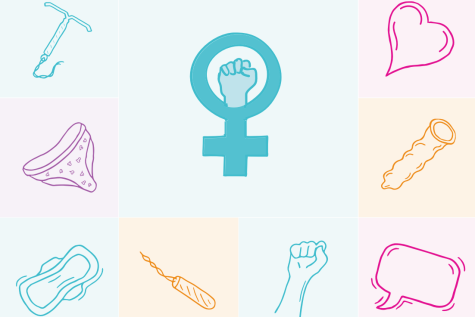
Technical Brief: Designing and Delivering Inclusive, Rights-Based Sexual and Reproductive Healthcare to Transgender and Gender Diverse People
This technical brief outlines key recommendations across several sexual and reproductive health service areas to promote access to inclusive care for transgender and gender diverse people.
Filter our resources by:


| 13 December 2022
Sexual and Gender-based Violence Communications Guidance
Communicating about sexual and gender-based violence (SGBV) is extremely sensitive, challenging and can put survivors at risk. IPPF abides by the ‘do no harm’ principle, and our top priorities when communicating SGBV internally, with donors and with the wider public are to protect the safety and dignity of survivors. Poor practice around SGBV storytelling and inappropriate messaging, particularly during a humanitarian response, can jeopardize IPPF and the MA’s trusted position in the community, reinforce harmful stereotypes and limit our ability to help survivors. Yet, it’s important that IPPF share powerful survivor stories when appropriate and in a safe and ethical way. Each testimony adds to a wider campaign to end SGBV. We must engage with the public to stop SGBV and contribute to a public discourse that is supportive of survivors by accurately and appropriately explaining what it is and how to help end or address it. Thus, the better IPPF and its MAs can communicate with the public about SGBV in line with core principles, the more effective our work will be. Download our SGBV Communications Guidance Note to learn more.
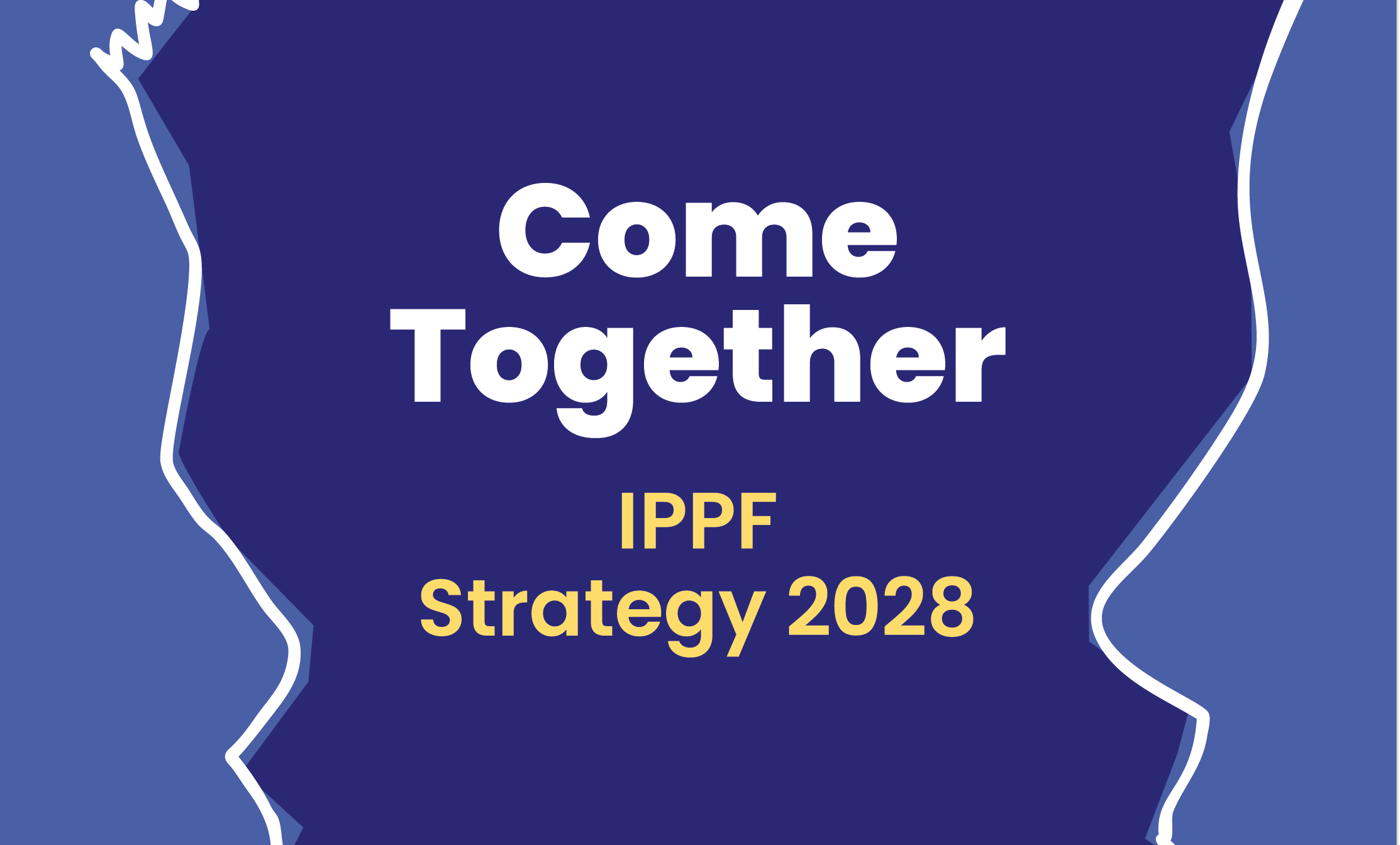
| 24 November 2022
2023 - 2028 Strategy
For 70 years IPPF has championed and delivered quality services, comprehensive information and advocated for just laws so that more people in more places under more circumstances may realize their sexual and reproductive health and rights (SRHR). Started with an act of international solidarity between activists from just a handful of countries, IPPF has since grown into a broad and diverse community of services providers and advocates that stretches around the Earth. Our very existence manifests just how the demand for dignity in sexual and reproductive health and rights is universal to people the world over. But that world is changing rapidly. Tough challenges must be confronted – the toxic legacies of longstanding racism, sexism and homophobia, for example; the deepening impacts of the climate crisis, violence, and inequalities; the escalating consequences of new technologies, population displacements, and habitat destruction. Wherever such dynamics impact people’s lives, IPPF knows enjoyment of SRHR is impacted too. Whenever people confront humanitarian crises, we know their SRHR are thrust into crisis too. Whoever is subject to prejudice, bigotry, or exclusion, has their access to SRHR also eroded. We know that the worst consequences of those injustices are borne by young people in the poorest of communities, in the toughest of places, facing the fewest opportunities. To be impactful in a world of change, IPPF must change too. That is what Strategy 2028 is all about: changing IPPF so it is well equipped to uphold SRHR for those who are left out, locked out or left behind. Our Strategy 2028 sets out a familiar path but in a new direction over far tougher terrain to that clear destination. We will walk that path shoulder to shoulder with young people, and with individuals and communities bearing the full brunt of stigma and prejudice. At each step, we will defend, protect, and celebrate safety, pleasure and wellbeing in sex and reproduction. At every turn, we will denounce powers and authorities who, through policy, practice, and law, undermine dignity and human rights in those intimate realms. And, as IPPF, we will be accountable for who we are, what we do and how we do it. That is our Strategy 2028. It is with immense pride that the IPPF Board of Trustees shares this strategic itinerary with you. We very much hope you will travel this road with us – in your own realities, communities, and contexts. Let’s do that together. Let’s come together, for sexual and reproductive dignity for all - for each and every one of us, to the exclusion of none of us, in the interests of all of us. Kate Gilmore, Chair, BoT, IPPF
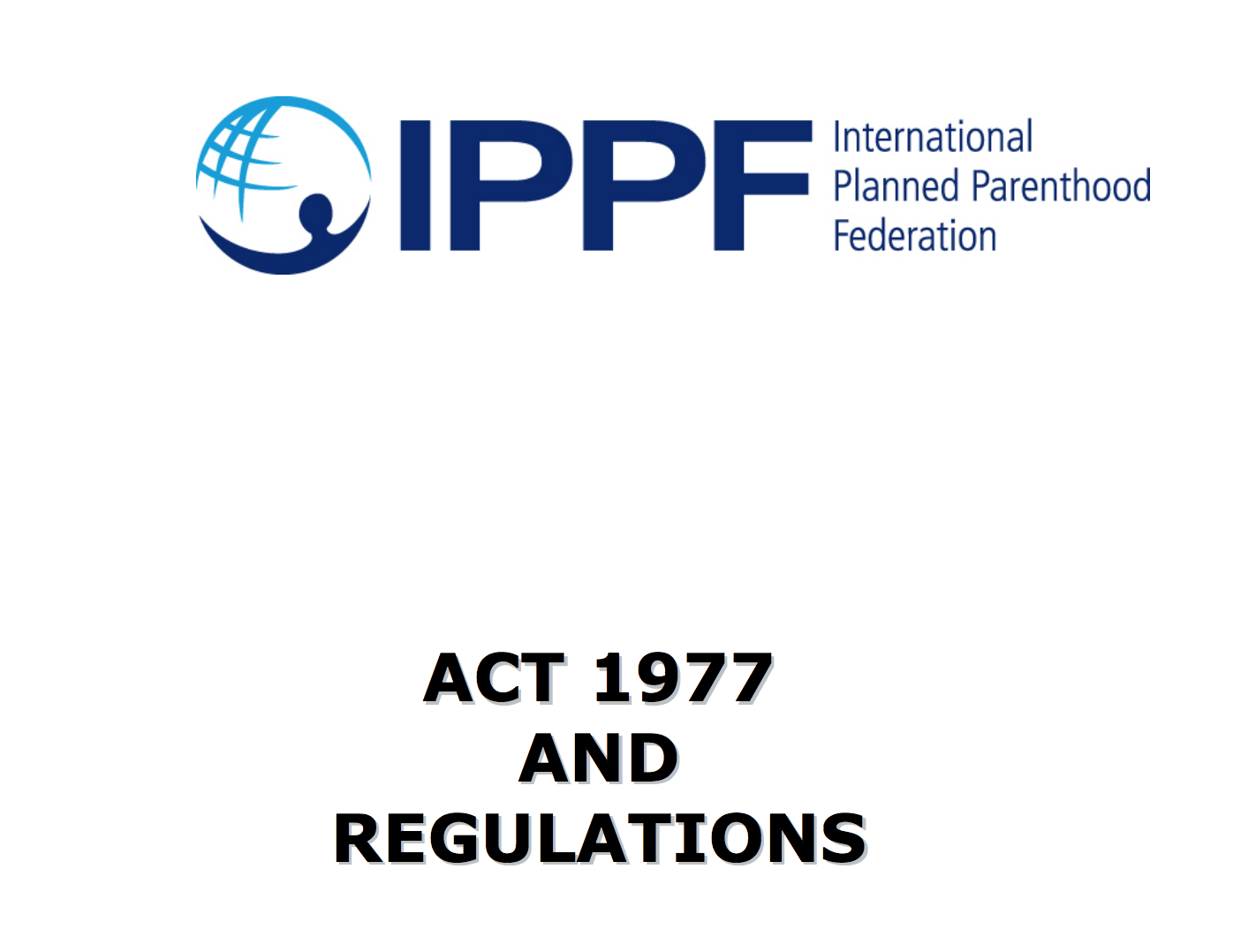
| 14 November 2022
IPPF Act & Regulations
| 14 November 2022
Procedural by-laws for IPPF meetings

| 06 October 2022
IMAP Statement on Monkeypox
Monkeypox was declared a Public Health Emergency of International Concern on 23 July 2022 by the World Health Organisation. This is the first time monkeypox cases have been reported concurrently in non-endemic and endemic countries in different geographical areas. The number of cases and countries where the infection has spread has continued to increase, reaching more than 95 countries. This statement addresses that access to vaccination, care and treatment, and related research must be equitable and inclusive for all groups of people, including those already most marginalized. Download in English, French and Spanish below.

| 23 September 2022
IMAP Statement on DHI for SRHR
IPPF understands that DHIs can bridge gaps between formal and community-based models of SRH service delivery and offer unique benefits such as accessibility, privacy, anonymity, linkages to the health system and opportunities for continuous programme monitoring and evaluation. The COVID-19 pandemic accelerated the use of DHIs in SRH care globally, and these are becoming part of the spectrum of SRH service delivery options, complementary to in-person and self-care options. This statement addresses the key attributes for providing safe, quality, accessible person-centered care, and ultimately fulfilling clients’, including women's and girls' right to SRH care when, where, and how they choose to. Download in English, French, Spanish and Arabic below.

| 28 July 2022
Technical Brief: Fulfilling the sexual and reproductive rights of women living with HIV, preventing coerced and forced sterilization
The purpose of this technical brief is to promote gender-transformative, rights-based and scientifically accurate information for advocacy and service-delivery to fulfil the sexual and reproductive rights of women, girls and people who have the capacity to become pregnant, who are living with HIV. In doing so, we also aim to provide sufficient evidence to prevent sexual and reproductive rights violations, especially coerced and/or forced sterilization against those living with HIV. The technical brief documents that coerced and/or forced sterilization of women living with HIV is a persistent and serious human rights violation requiring urgent action. The brief reviews components of comprehensive sexual and reproductive health (SRH) service delivery and international medical guidance to uphold and fulfil the sexual and reproductive health and rights of women living with HIV to choose if and when to have children. This brief is primarily intended to inform IPPF Member Associations, secretariat staff, and partners including other SRH service delivery organizations and stakeholders. The brief reinforces IPPF’s position and commitment to person-centred and rights-based HIV care that is integrated within a comprehensive package of SRH services. Download the technical brief below in English or Spanish.
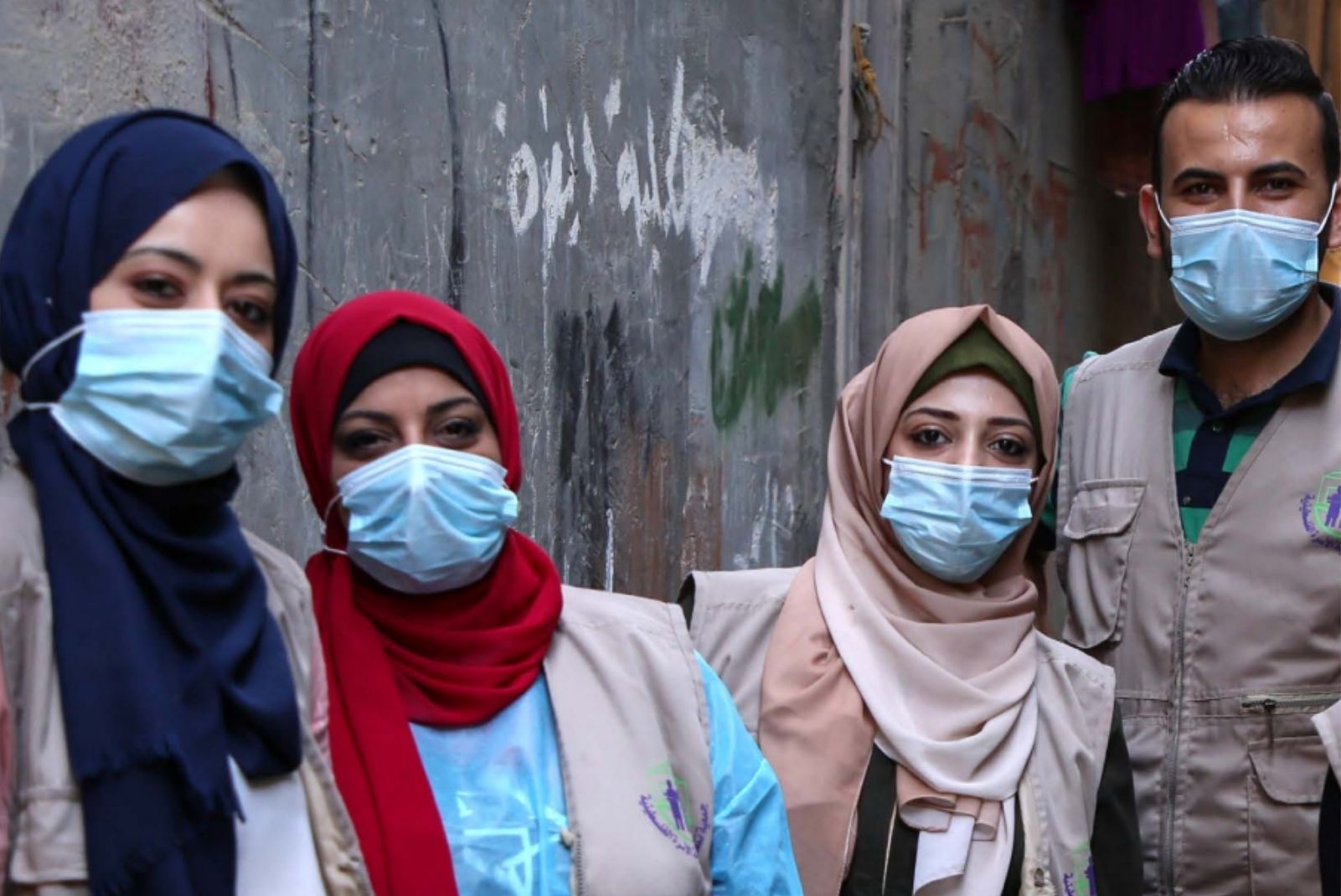
| 04 July 2022
Financial Statements 2021
This is the 2021 audited consolidated Financial Statements for the year that ended 31 December 2021. Download the report below.
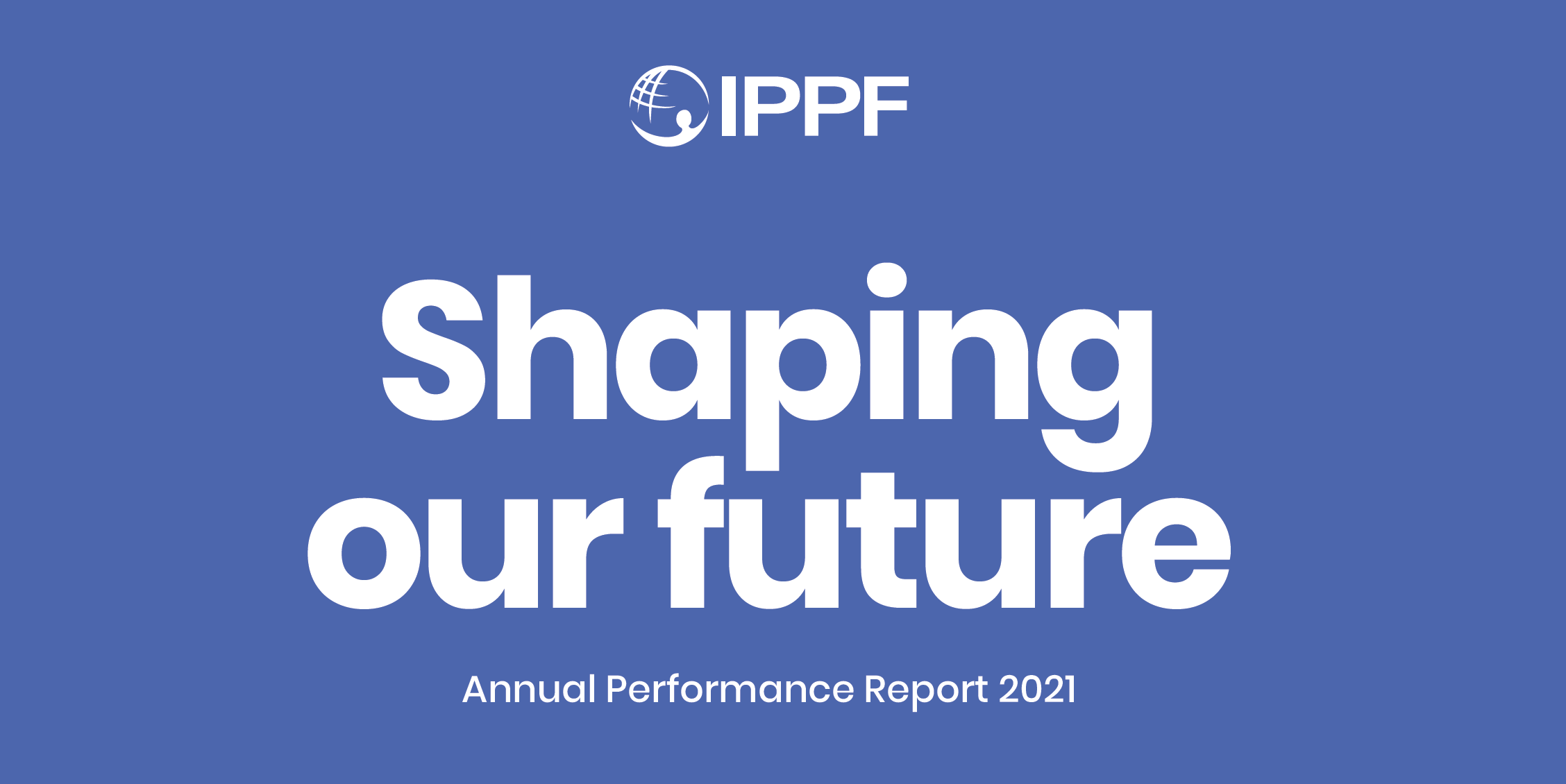
| 08 June 2022
2021 Annual Performance Report
IPPF has always done the utmost to advance sexual and reproductive health and rights for all. In 2021, IPPF Member Associations (MAs) continued to demonstrate their resilience and adaptability to carry on serving people in spite of the severe disruption caused by the COVID-19 pandemic. A total of 231.4 million services were delivered, a six per cent increase on 2020. Despite comprising fewer MAs, IPPF recovered more than half the decrease caused the previous year by clinic closures and other restrictions. Couple years of protection (CYP) increased by eight percent to reach 29 million – higher than in any year prior to the pandemic.
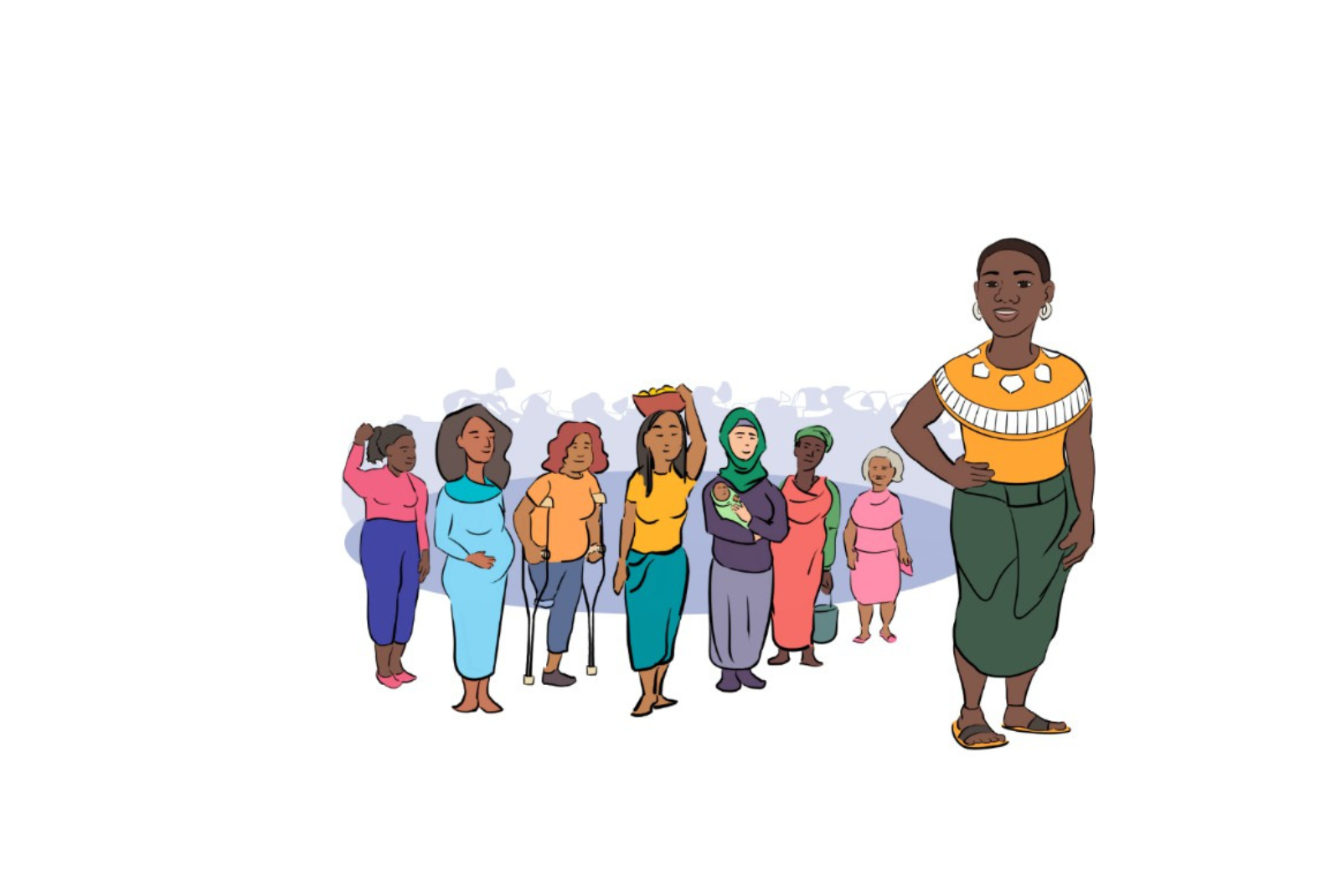
| 07 June 2022
Understanding abortion: a visual resource
Understanding abortion: a visual resource aims to fill a gap in communication, reducing literacy and language barriers around abortion messaging. It can be used with a range of different audiences, including people with learning disabilities, to support them in the process of making an informed and consensual decision on pregnancy and abortion. This resource offers an insight into what the process of having an abortion is like, showing what a young person’s journey would be if they decided to have an abortion. It is aimed to support community health workers, young people, and others people advocating for an increase in knowledge and information on abortion and reducing the stigma surrounding it. This is a versatile tool, in which the reader can select the most relevant parts of the story according to their needs or those of their audience. We hope this tool can support those who require more information and may need to access safe abortion services. This resource can be used on its own or alongside other IPPF resources around abortion, such as the How to talk about abortion: a guide to rights based messaging or How to educate about abortion: A guide for peer educators, teachers and trainers. In addition, IPPF have produced videos on What is a surgical abortion and What is a medical abortion. For further information on this resource, such as translation into other languages, contact [email protected].







